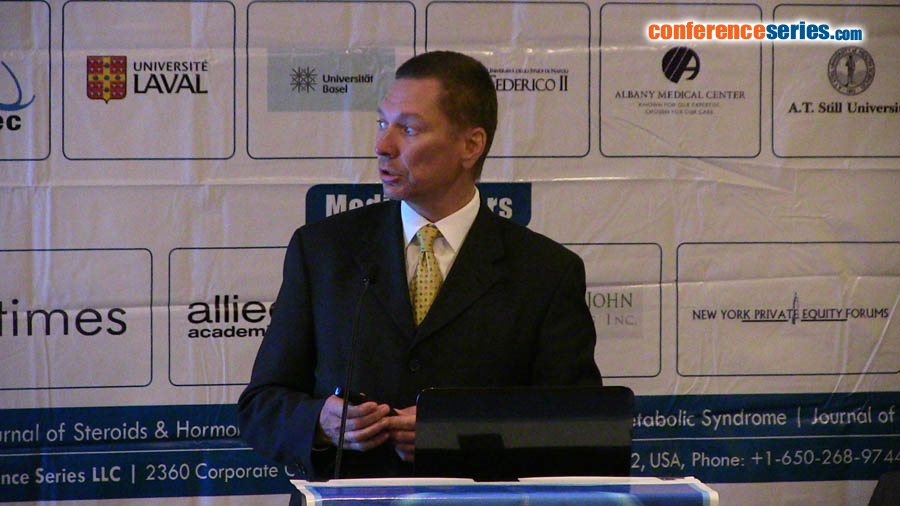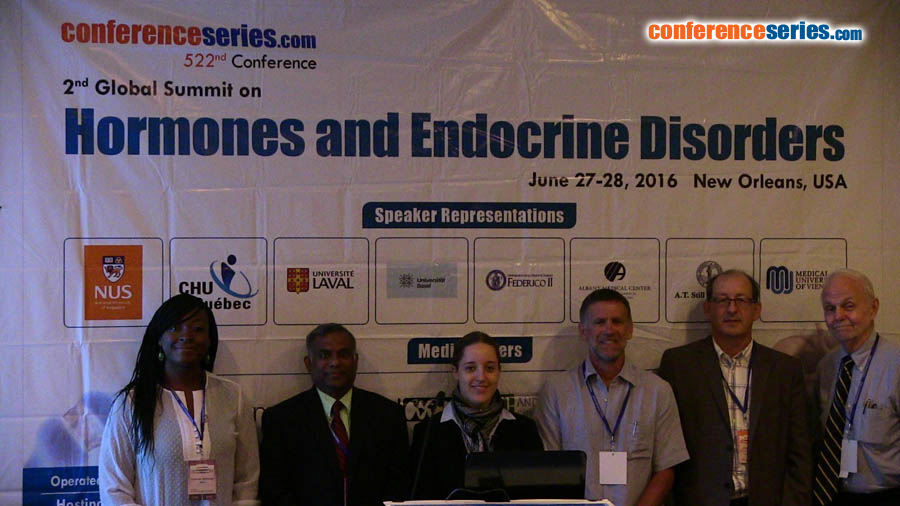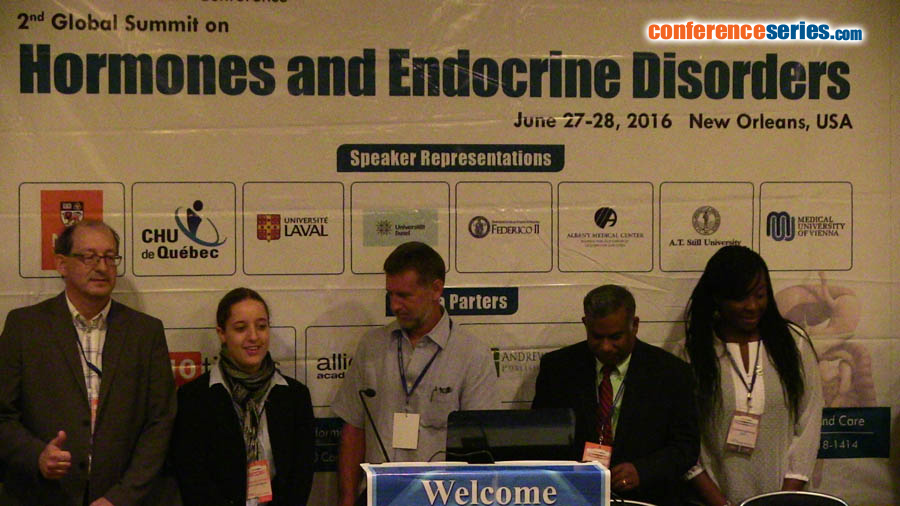Rene Wenzl
Medical University of Vienna, Austria
Title: Hormonal treatment in patients with Endometriosis
Biography
Biography: Rene Wenzl
Abstract
Endometriosis is a painful, chronic disease occurring when endometrium is located outside the uterus, affecting at least 6 million women worldwide. Symptoms like dysmenorrhea, dyspareunia, dysuria, fatigue or other gastrointestinal indications such as diarrhea, constipation, nausea are responsible for severe aggravation of women’s life. Endometriosis compromises the quality of life of countless women worldwide and is a leading cause of disability. Clinical symptoms of endometriosis can be very heterogeneous leading to a long interval between onset of symptoms (commonly 7 years) and surgical diagnosis. Treatment for endometriosis is usually with medications or surgery. Supplemental hormones are sometimes effective in reducing or eliminating the pain of endometriosis. That's because the rise and fall of hormones during the menstrual cycle causes endometrial implants to thicken, break down and bleed. Hormone medication may slow the growth and prevent new implants of endometrial tissue such as hormonal contraceptives, Gonadotropin-releasing hormone (Gn-RH) agonists and antagonists, Progesterone and progestin or Danazol. The lecture should provide an overview of current treatment options apart from surgical interventions such as laparoscopy and hysterectomy.





